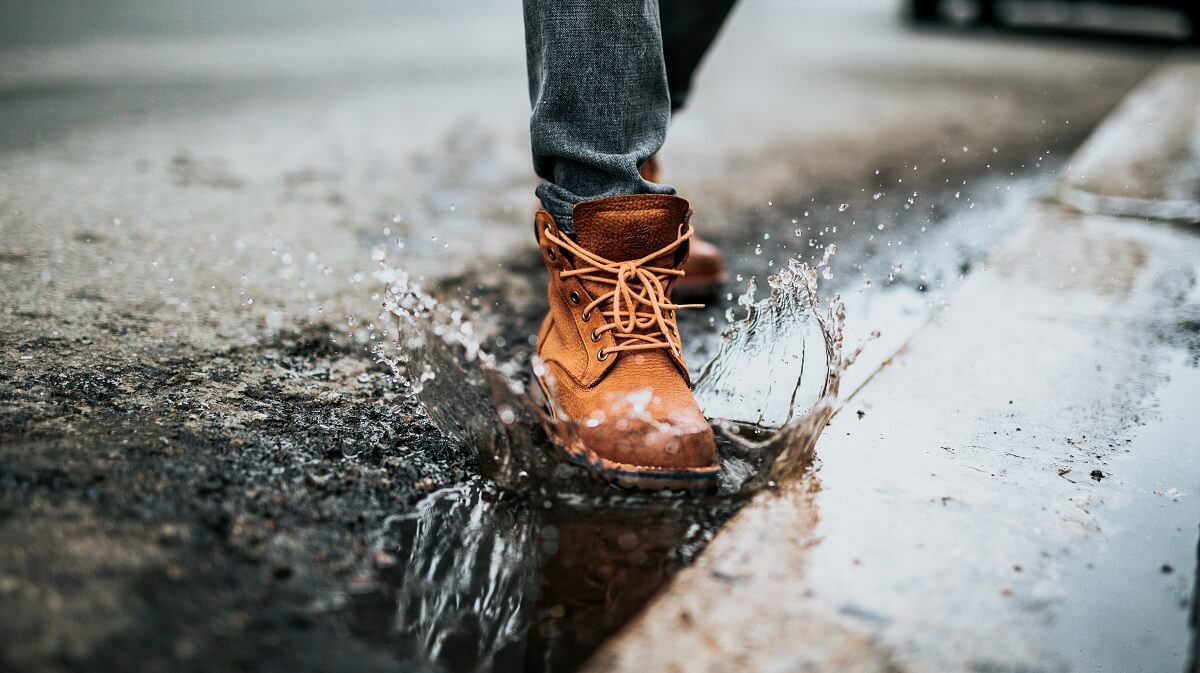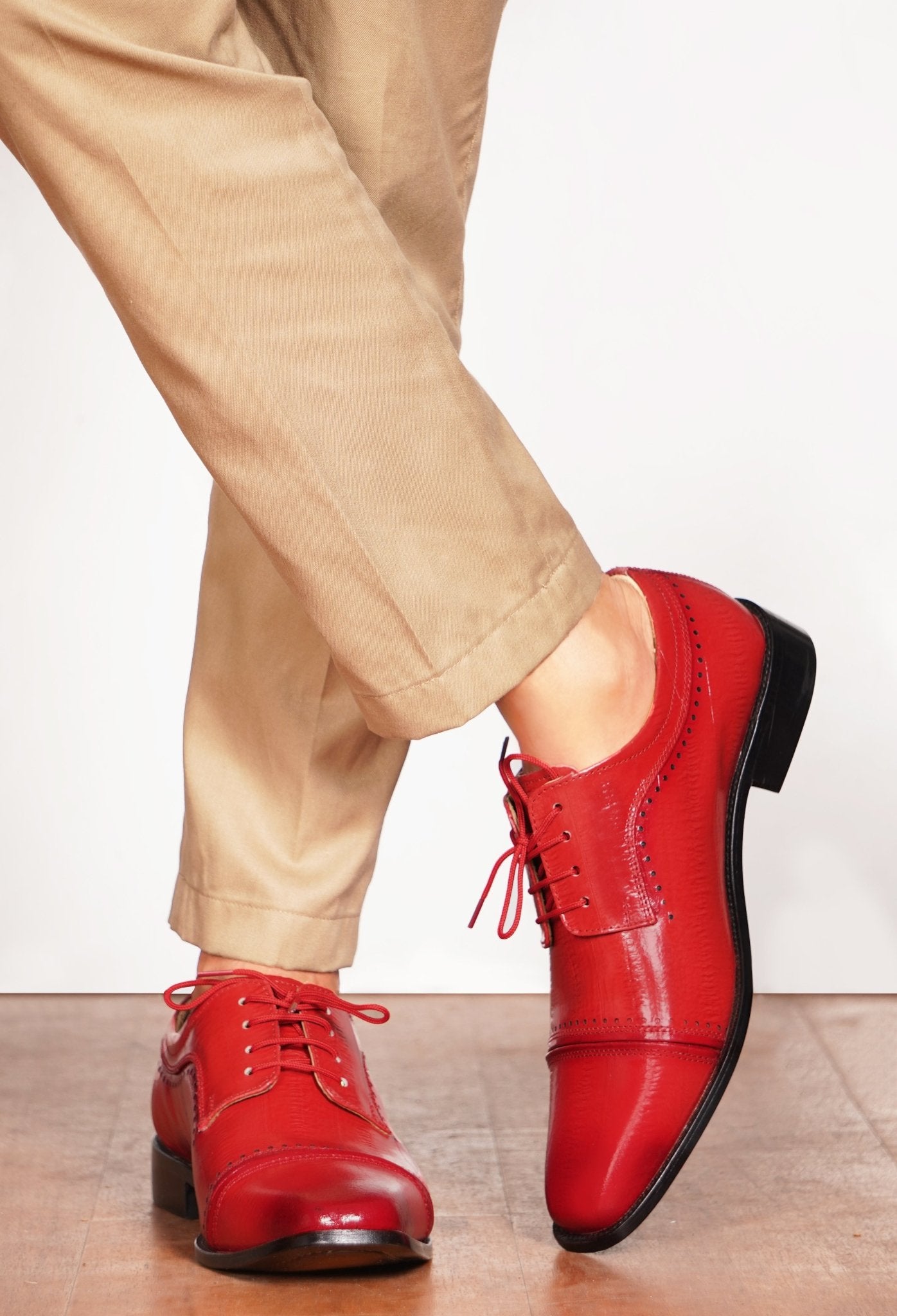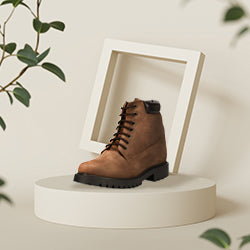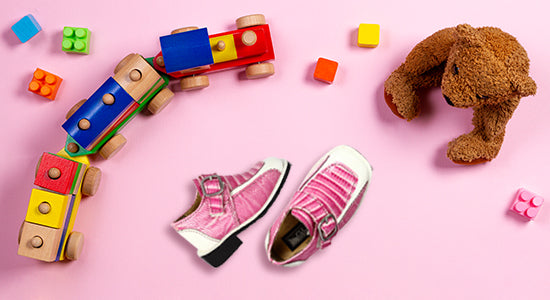Can Leather Shoes Get Wet? - What to Do If Leather Shoes Get Wet

Can your leather shoes get wet? Why not? No one is accident-free in this world. So, it's crucial to take extra precautions with leather shoes and boots when they become wet to prevent lasting damage to the leather. For the greatest results, treat damp leather boots and shoes by following these detailed instructions. Also keep in mind that suede, which may also get wet but is treated differently, is not covered by these guidelines.
Now let’s study how leather shoes can get wet. And what to do if leather shoes get wet. Because you must evade the situation when you leave them unattended because a lot happens if leather shoes get wet and are left uncared for. Let’s learn it all step by step.
Table of Contents
Can Leather Shoes Get Wet?
Yes is the only answer because not just the weather but even human nature is subjected to various changes and mood swings. And an accidental spillage of drinks or a sudden rain shower can happen anywhere at any time. So the answer is yes. So in that case, what should you do if leather shoes get wet? Let's take a deeper dive and find the solutions.
Water Damage On Leather Shoes

What does water damage on leather shoes look like? What happens if leather shoes get wet? When moisture or water hits leather shoes, if they are not attended to in time, the leather may seem discolored and spotty and may lose its suppleness, becoming brittle and even fractured. The leather may even start to deteriorate if the moisture takes a while to drain.
What Happens If Leather Shoes Get Wet?
Three things happen when leather shoes get wet:
- First and foremost, if you are careless and your leather boots wind up hardening from prolonged exposure to water, you might be in for a painful experience. You could get blisters, depending on how severe the stiffness is.
- The second condition is that mold and mildew on leather shoes may develop within if they are stored in less-than-ideal circumstances and exposed to damp for an extended period of time. If Leather Shoes Get Wet and If you don't do anything about this mold and mildew before it's too late, it can start to smell bad.
- Thirdly, rusting is more likely to happen if your leather boots contain metallic accents and are frequently in contact with moisture. And this rusting will ruin the shoe's aesthetic appeal.
Also Read: How to Care & Maintain Your Leather Shoes
Common Reasons How Can Leather Shoes Get Wet
Can leather shoes get wet despite all precautions in place? Of course, why not? Let's look at the most frequent causes of damp leather boots. Knowing about these factors and how all leather shoes get wet, may help you make plans that take them into consideration.

1. Sudden Rain or Other Weather Conditions
You can't completely forecast the weather, and it can be unpredictable. Even weather predictions can't be trusted to be accurate. It's likely that you may suffer rain exposure and that your leather boots will become wet unless you have a comprehensive plan to wear them indoors.
2. Stepping into Puddles by Chance
Rainwater frequently gathers on uneven surfaces like a road, sidewalks, etc. Rain is not the only thing that may cause puddles to appear. Puddles can appear out of nowhere for a variety of reasons, including irrigation system failure, underground line breaks, etc. Thus, it is natural that you may inadvertently step into a puddle and get your leather boots wet unless you are always on high alert for puddles.
3. Accidentally Spilling Liquids on Leather Shoes
Have you ever gone out on a Friday night to a trendy bar or club wearing your leather boots? If so, we wouldn't be astonished if drink spills didn't soak your footwear! Of course, a club, or bar, or even a simple restaurant isn't the only setting in which soaked leather shoes due to accidental spillage might occur - whether you are with friends or with your children.
Haven’t you ever unintentionally spilled or tipped a cup of coffee? Your boots were a good victim candidate here!
Also Read: How to Get Wrinkles Out of Leather Shoes
How To Dry Wet Leather Shoes
How to Remove Excess Moisture from Leather Boots.
The simplest action you can take is to make sure that our leather boots are dried as fast and securely as you can. Now that you are aware of the typical signs and symptoms that go along with moisture laden leather boots, let's look at what you can do to minimize the harm as much as possible. The following tips are the best for drying leather boots.
1. Remove Laces & Insoles
This is the first tip or step if your shoes are water soaked. It is done to ensure that the leather shoes get rid of any cushions or hurdles and that no moisture escapes from drying out under the laces or due to the insoles.
2. Remove Excess Moisture
To press against the surface of your leather boots, you may utilize an absorbent microfiber cloth or tissue paper. To shorten the drying time and lessen the possibility of experiencing water-induced damage, it is important to eliminate as much moisture as you can before moving on to the next stage.
3. Air Dry the Shoes
After removing as much moisture as you can, place your boots outside to let them naturally air dry. The climate where you dry your boots is the most crucial consideration in this stage. Choose a location with good ventilation, but stay away from placing your shoes under the direct Sun.
4. Insert Shoe Trees
Your leather boot inner is especially prone to mold and mildew growth, and the exterior of your leather boots will automatically dry out more quickly than the interior. Thus, we advise applying shoe trees with drying characteristics on the insides of your boots after air-drying them.
5. Waterproof the Leather Shoes
The last tip is to make your shoes somewhat water-resistant. Simply pick a leather-safe waterproofing wax and apply it in accordance with the manufacturer's instructions.
In conclusion, the majority of leather boots are made to resist brief contact with water. However, leather boots may become damaged if they are exposed to wetness for an extended period of time. This means that they might survive longer than normal if you dry them carefully as per our guide and take care of them accordingly.
-
Posted in
wet shoes



